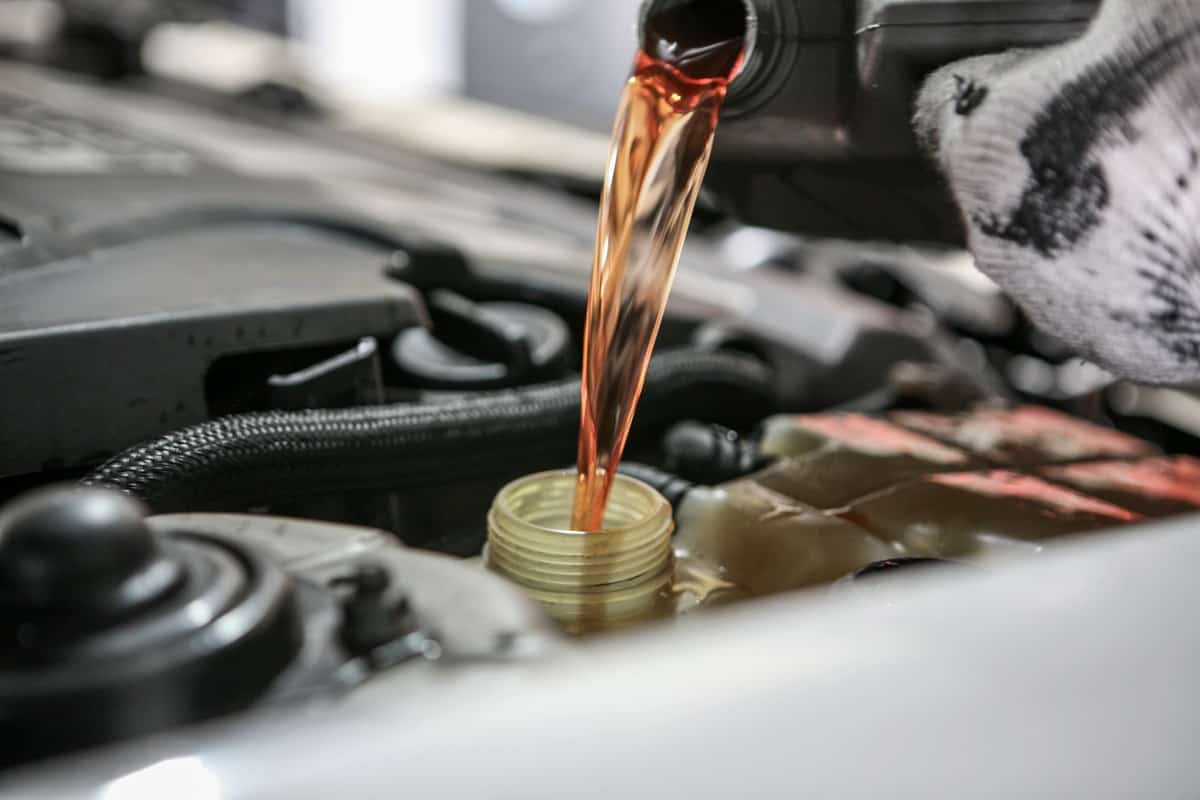Automotive Aftermarket Fuel Additives: The Essential Enhancers for Modern Vehicles
The automotive industry has come a long way in reducing vehicle emissions and improving fuel efficiency. However, modern engines with their intricate designs and complex emission control systems require extra care and maintenance to perform optimally. This is where fuel additives play a vital role in enhancing vehicle performance, protecting critical engine components, and extending the life of modern vehicles.
Fuel Additives: Types and Functions
Fuel additives come in various types designed to serve different functions. Some of the major types and their roles include:
Detergents and Dispersants
One of the primary issues that impacts engine performance over time is thebuild-up of deposits within the fuel system. Detergent and dispersant additives work to clean these deposits and prevent further accumulation. They dissolve and hold contaminants in suspension to keep fuel systems running smoothly. Popular brands like Techron and Lucas incorporate powerful detergents.
Cetane Improvers
Diesel engines require a certain cetane rating for smooth combustion. Cetane improver additives increase the cetane number of diesel fuel, resulting in more complete and efficient burning of fuel. This translates to better acceleration and hauling capability from diesel engines.
Lubricity and Corrosion Inhibitors
Over time, fuels can lose inherent lubricating properties which are essential for the precision workings of modern fuel injection systems. Lubricity additives replenish lost lubricants to prevent premature wear of expensive high-pressure fuel pumps and injectors. Similarly, corrosion inhibitors protect metals from corrosion caused by water condensation.
Anti-gel and Cold Flow Additives
Winter poses challenges for vehicle starting and operation in sub-zero temperatures. Anti-gel additives depress the pour point of fuel to prevent waxing and gelling, ensuring fuel flows freely even in extremely cold conditions. This keeps vehicles highly serviceable through winters.
Fuel Stabilizers
Fuel stabilizers combat chemical breakdown of fuel during long-term storage. They protect fuel from phase separation, gum and varnish deposition which can clog filters and foul injection systems if left unchecked. This enables easily starting stored vehicles even after months.
Ethanol Additives
With the widespread use of E10 to E15 fuel blends, ethanol-specific additives have emerged. They protect rubber and other components from swelling and deterioration caused by ethanol’s solvent properties. Ethanol additives also combat phase separation in blended fuels.
Antioxidants
Oxidation causes fuels to degrade into gummy deposits over time. Antioxidant additives inhibit oxidation and thereby increase fuel shelf life. Using them extends the usability window of stored fuel significantly.
Benefits of Fuel Additives
With various types formulated to complement different engine and fuel needs, additives deliver extensive benefits when used as directed:
Improved Performance
By cleaning systems, lubricating parts and optimizing combustion, additives help extract maximum usable power from engines. Drivability problems are mitigated for smoother acceleration and responsiveness.
Extended Engine Life
Keeping fuel systems sludge-and deposit-free protects expensive engine internals. Additives safeguard pump elements, injectors and valve seats from premature wear – extending service intervals and lifespan significantly.
Better Gas Mileage
Clean fuel systems optimize air-fuel ratios for more complete combustion of each fuel charge. Additives can potentially improve highway mileage by 2-5% through more efficient burning. Savings add up over time.
Reduced Emissions
By promoting cleaner combustion aided by anti-gel and lubricity boosting, additives help engines comply with stringent emissions norms with lower toxic discharge per-gallon. This is a environmental plus.
Year-Round Usability
Additives make stored fuel usable for starting even after seasons of storage. Enhanced protection also allows driving in all weather and climate extremes worry-free.
Value for Money
Compared to expensive repairs or early engine replacement, fuel additives are a very low-cost insurance to maximize performance and safeguard investment in vehicles. Returns outweigh small additive costs manifold.
Choosing the Right Additive
With numerous brands available, choosing the right additive may seem daunting. It is best to pick products recommended for specific vehicle makes and models based on fuel type used. Reputable manufacturers like Lucas, STP, and Techron offer extensive lines engineered for gasoline and diesel applications. Following dosage guidance delivers intended benefits safely. Professional servicing centers can also suggest the most suitable options.
As engines evolve into highly complex machines, periodic additive treatments have become essential maintenance. Used judiciously as complementary to fuel, they unlock engines’ full efficiency potentials through multiple protective mechanisms. Besides monetary benefits, sustainably enhancing fleet gas mileage and operational dependability across seasons also makes additives important for responsible vehicle ownership. With a vast choice available suited for any budget or need, additives are effective performance multipliers in today’s cars.
Note:
1. Source: Coherent Market Insights, Public sources, Desk research
2. We have leveraged AI tools to mine information and compile it



